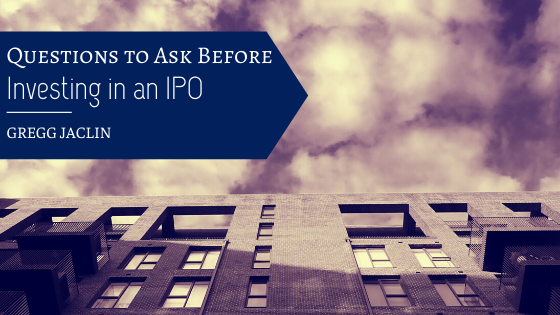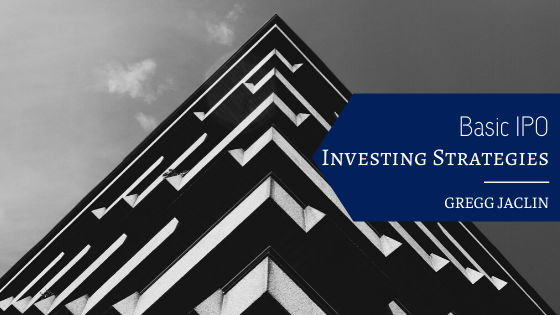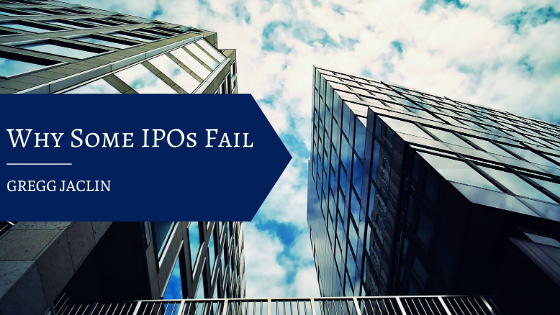
What Is The Right Time to Go Public?
Deciding to take your company public is a big decision, but it’s not the only important choice you have before you. Timing is also important. Taking your company public at the wrong time can adversely affect the results you’ll see on the open market. Here are a few tips to help you choose the most opportune time for your initial public offering.

Questions to Ask Before Investing in an IPO
Before investing in an Initial Public Offering — IPO — outside investors should pause enough to do a satisfactory IPO analysis. Presumably, friendly local brokers may persuade investors to buy stocks in an IPO, but do the investors stand a chance to benefit?

Notable Mobile App IPOs
Technology is advancing as far as ever, and mobile apps seem to rule the world. It’s difficult to argue their impact when you consider the following IPOs from the last few years that have rocked the world—and not always for the better.

How Does IPO Affect Stock Value?
A company’s initial public offering, where a company offers its stock to the public for the first time, shows that the company is ready to compete with others. It can take years for a company to prepare for its IPO while eager investors await their chance at owning and trading the company’s stock. IPOs are important because they provide a company with funding, and they can have a large impact on stock prices.

Why Some Companies Prefer to Remain Private
Some companies are remaining private because modern investors see private equity as ideal. Many investors prefer private companies because the value of private equity isn’t influenced by the buying and selling done within a stock exchange. You can only sell stock as a public company. “Going public” is the act of converting your company’s-fundamental value into public stock, which results in an initial public offering (IPO).

Basic IPO Investing Strategies
An initial public offering (IPO) is when a private company makes shares of stock available to buy for the first time. When a private company decides to go public, they typically hire a brokerage house to handle the offering. The broker will then notify investors that the company is going public. Here are some tips on how to invest in IPOs.

Measuring & Influencing IPO Performance
The performance of an initial public offering can have a significant impact upon the ultimate health and wealth of a company. Because of this, it is important for businesses to evaluate the performance of their IPO as it progresses.

IPO vs ICO
It’s easy to get market terminology mixed up when looking at IPOs and ICOs. It’s even easier to find a failing investment when taking these market options into your financial portfolio. Every investor is different, and for this reason, each must know how IPOs and ICOs can benefit them exactly. The assets that you invest in should be taken based on the details you’re offered to strategize with.

Private Shares in Public Companies
When a company is in the startup phase, it’s common for early employees to be paid partly in stock. Early investors, too, are rewarded with a share of ownership in the company. While a company is privately held, these shares of stock are private or restricted shares. They’re governed by some restrictions. Documents must be filed with the SEC about who the private stock is being issued to. If that individual decides to sell, they must formally transfer the stock by again notifying the SEC of who the new stockholder will be.

Why Some IPOs Fail
IPOs often generate excitement from the investment community because they imply new opportunities for earning income. Sometimes IPOs are for new companies with limited history, and sometimes they are issued for companies that have been around for decades that are shifting from private to public. While many IPOs reap the benefits of investor interest and media representation, some IPOs don’t quite reach their goals. Here are reasons why some IPOs fail to grow beyond their stock market debut and end up shrinking wealth.
